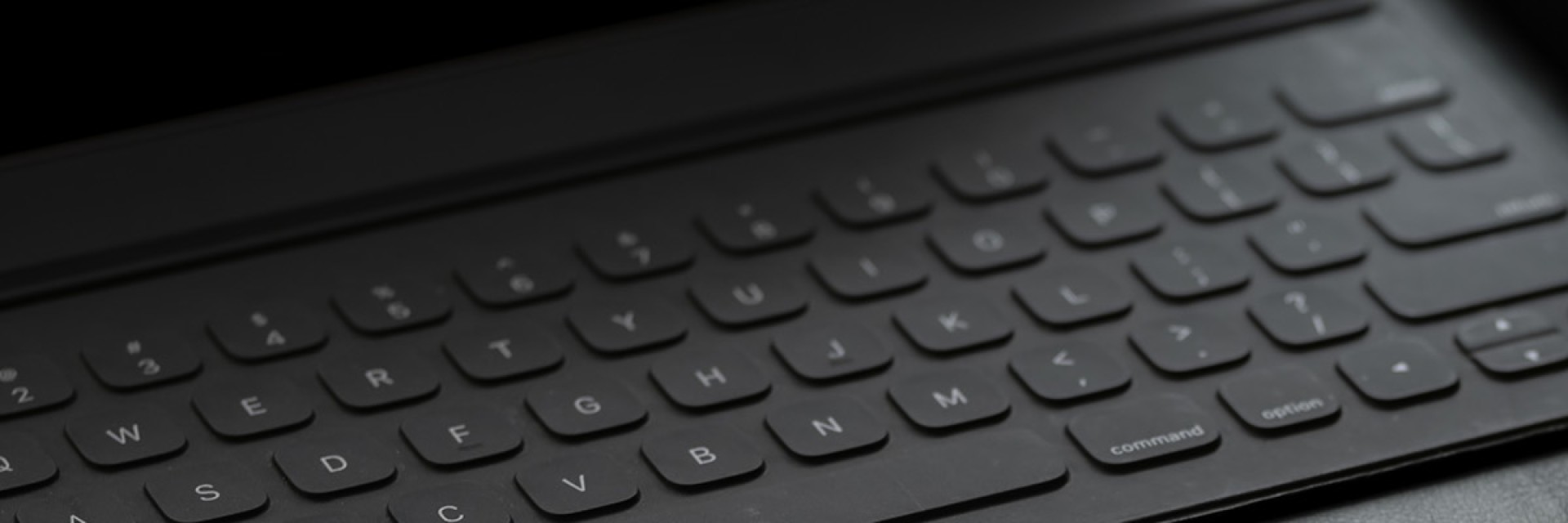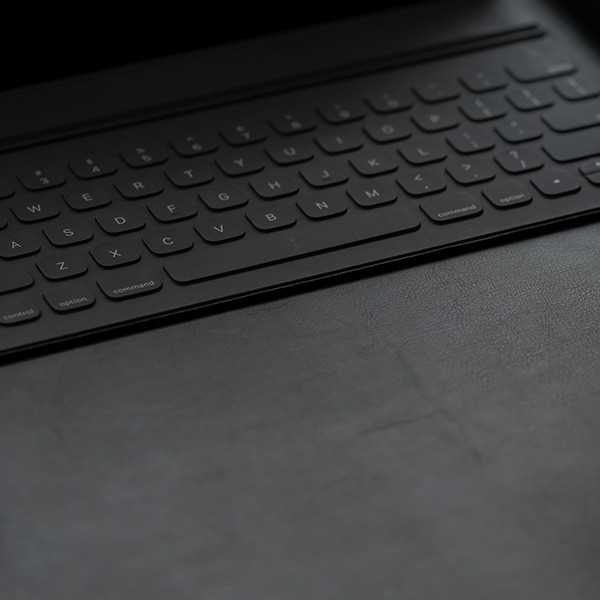Yes, you’ve seen this tip before, but it’s worth repeating.
Keep confidential, personal, and/or proprietary information on a removable storage device. Do not store a removable drive or other storage device with your laptop or tablet. Keep your removable storage device in a safe place at all times.
Never leave your laptop or tablet out of your sight, even for a moment. Busy places such as bus and train stations, airports, offices, conference and seminar centers, restaurants, hotels, college campuses, phone booths, libraries, and hospitals are places where thieves who are on the lookout for laptops and tablets easily blend into the crowd. To go unnoticed, some thieves pose as conference attendees, delivery persons, or other familiar personnel.
Carry your laptop or tablet in a nondescript carrying case, one that does not advertise it contains a laptop or tablet.
Leave your device in the hotel safe, or if that option is unavailable, leave it in your locked luggage. Beware: In some foreign countries, your laptop or tablet may not be secure in the hotel safe – it may be subject to search and seizure by local intelligence or police. When traveling to foreign countries, be sure to first check travel advisories from these two agencies: Federal Aviation Administration (http://www.faa.gov/) Transportation Security Administration (http://www.tsa.gov/)
The two people ahead of you in line at the airport security check may be thieves, working together to pull off a scam. The first of the two moves through the security check quickly, while the second delays the line using a ploy of some sort. During this delay, you put your items on the conveyor belt where they roll out of your sight. This gives the first thief the opportunity to grab your valuables off the conveyor belt as if they were his own. Be cautious! Put your laptop or tablet on the conveyor belt only when you are certain the person in front of you has picked up their own possessions and is moving away from the security check area. If there is a delay of any kind while going through the security check, keep an eye on your laptop or tablet at all times.
Never check your laptop or tablet at airports. Carry it on the plane with you.
While you are napping or talking to the person next to you, another person can open the overhead storage and disappear with your laptop or tablet.
Never store your laptop or tablet in an airport, bus, or train station locker.
Regularly backing up your data is good practice, especially before traveling. If your laptop or tablet does get lost or stolen, at least your data won’t be lost, too.
At security checkpoints in airports and elsewhere, you may have to show that your laptop or tablet is a working computer and not some other kind of device. Therefore, have the power cord with your or make sure that the battery is charged. If your laptop or tablet will not power up, you may not be permitted through the security checkpoint. To protect your laptop, tablet and electronic storage devices, ask the security guard to hand-inspect your devices rather than have it pass through the checkpoint X-ray machine.
Import restrictions may cause travel delays, or worse, confiscation of your equipment. Some countries ban encrypted telecommunications traffic. Know the laws and restrictions in the destination country. If you bring a new computer into the United States, you may have to pay an import tax. To prove your equipment is not new, have your device’s sales receipt or insurance documentation with you. To avoid any confusion about your device’s status, register your device with U.S. Customs before traveling.

